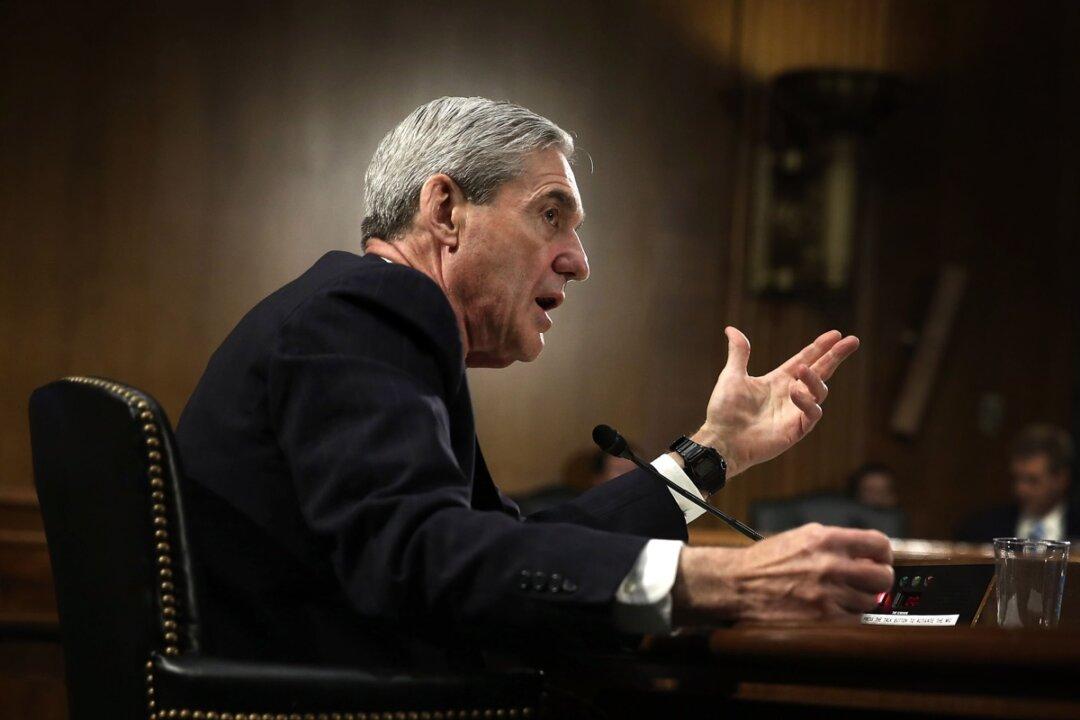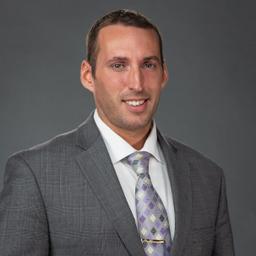NEW YORK—Former special counsel Robert Mueller is set to testify before the United States Congress on July 24 to answer questions related to the two-year-long investigation into allegations of collusion between the Trump campaign and Russia to interfere in the 2016 presidential election.
In May, U.S. District Court Judge Dabney L. Friedrich issued an order warning the special counsel team not to present allegations as facts in their statements regarding Russia’s connection to the firms which allegedly carried out a social media influence operation.





